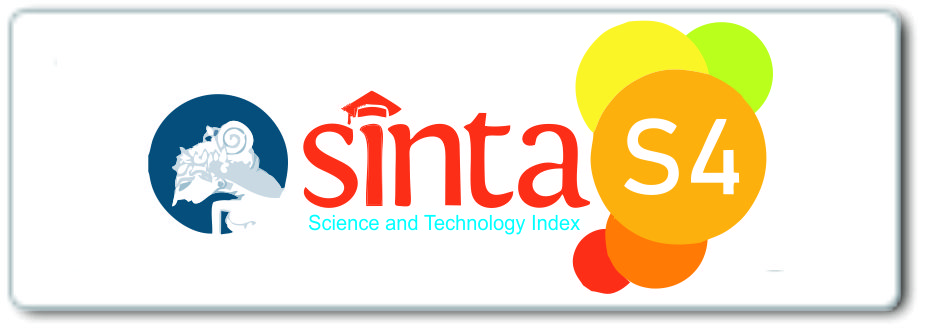The Relationship between Metacognitive Listening Strategy Used by Proficiency Level and Their Listening Comprehension for Eleventh Grade in SMA Negeri 1 Gresik
DOI:
https://doi.org/10.30587/jetlal.v3i2.2257Keywords:
Metacognitive Listening Strategy, Listening Comprehension.Abstract
Listening is one of receptive skills which is important for language learners in order to understand and construct meaning from oral information which has been delivered. Meanwhile, metacognitive listening strategy is one of listening strategies that could be used by learners before, during, and after listening process in order to improve students’ listening ability. Here, the researcher wants to know whether there is relationship between metacognitive listening strategy and students’ listening comprehension. There are two aims of this study: 1) to know the different use of metacognitive listening strategy by proficiency level, and 2) to know the relationship between metacognitive listening strategies and students’ listening comprehension for eleventh grade in SMA Negeri 1 Gresik. This study applied quantitative research using correlation study, 30 students included high, middle, and low-level were the sample of this study. The data have been collected by using listening strategies questionnaire, metacognitive awareness listening questionnaire (MALQ) and listening TOEFL test. The first questionnaire contained listening strategy in order to know the students who used metacognitive listening strategy and selected the sample. The second questionnaire had a purpose to get the answer of students’ metacognitive listening strategy. The listening TOEFL test have been used to get the students’ score of listening comprehension and classified the students into high, middle, and low- level students. After gaining the data, the researcher analyzed the data using statistical computation of Microsoft Excel and SPSS 16.00. The research finding from the computation of the data showed that there was significant different on the use of metacognitive listening strategy by proficiency level in which p-value was 0.015 < ɑ (0.05) and there was positive, strong correlation between metacognitive listening strategy and students’ listening comprehension (r=0.525). Furthermore, the p-value of Pearson Product Moment was 0.03. It means that there was significant relationship between metacognitive listening strategy and students’ listening comprehension for eleventh grade in SMA Negeri 1 Gresik. It could be summed up that there was positive, strong, and significant correlation between metacognitive listening strategy and students’ listening comprehension. Based on the result of the study, the students needed to increase their metacognitive listening strategy for getting better performance in listening comprehension. If metacognitive listening strategy increased then so did students’ listening comprehension. Therefore, the researcher gives some suggestions. Firstly, the teachers should consider metacognitive listening strategy for the students in order to improve students’ listening comprehension. Secondly, for the students, they are expected to increase their metacognitive awareness by applying metacognitive listening strategy in their listening process. The last for the next researchers, they are expected to conduct the research about metacognitive listening strategy by involving more subjects.






.png)




